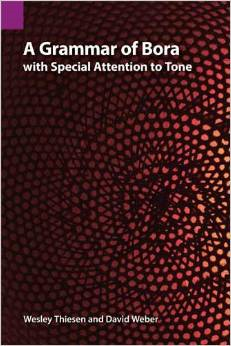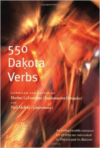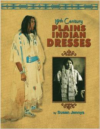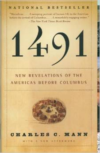Description
This is the first comprehensive linguistic study of Bora| a typologically unusual language spoken in Colombia and Peru| the result of four decades of work among the Bora people. The language has an exceptionally high number of classifiers (over 300). These classifiers are used in various ways to carry out reference. By means of these classifiers| apposition is the primary mechanism for creating referring expressions| rather than the more cross-linguistically common mechanism of constituency. They also provide tight intersentential cohesion in discourse. The animate/inanimate distinction is pervasive| manifesting itself in the morphology| syntax| and lexicon. This volume also includes a thorough analysis of Bora grammatical and lexical tone| which has a complex system of sandhi with default tone being high| in contrast to the majority of tonal languages. The ethnographic sketch includes discussion of the unique Bora signal drums. This study will be of interest to all concerned with typological issues| South American languages and peoples| or tone studies. Wesley Thiesen received his B.A. in Anthropology from Wheaton College in 1948. He and his wife Eva worked for SIL among the Bora-speaking people from 1952 to retirement in 1998| living much of that time in a Bora village. David Weber received his Ph.D. in Linguistics from the University of California| Los Angeles in 1983. He and his wife Diana have worked with SIL since 1969. From 1972 to 2002 their efforts focused on the Huallaga Quechua language. He currently serves as an SIL linguistic consultant. The book’s cover depicts a basket handcrafted by the Bora people.






Reviews
There are no reviews yet.